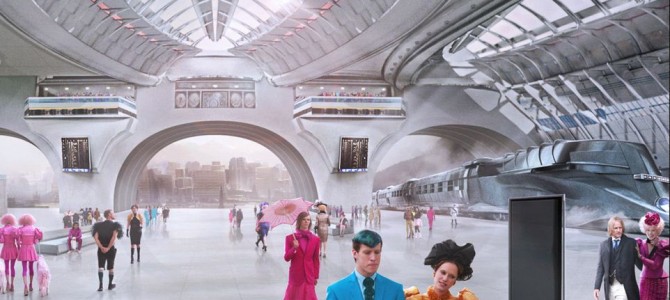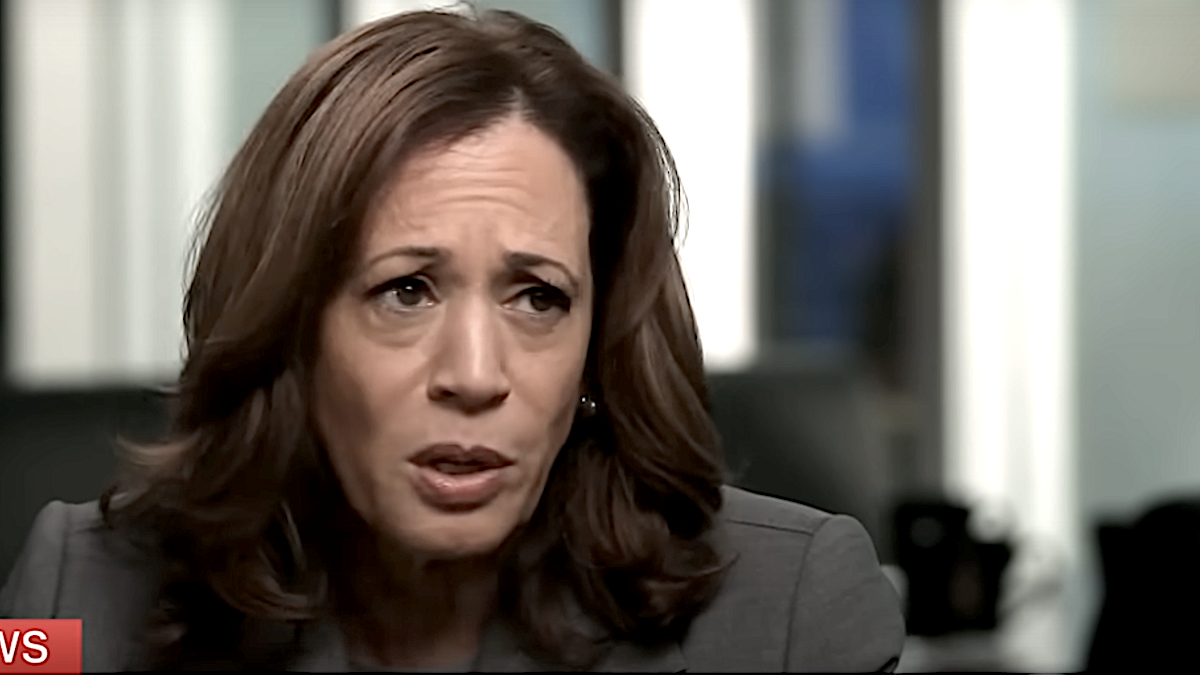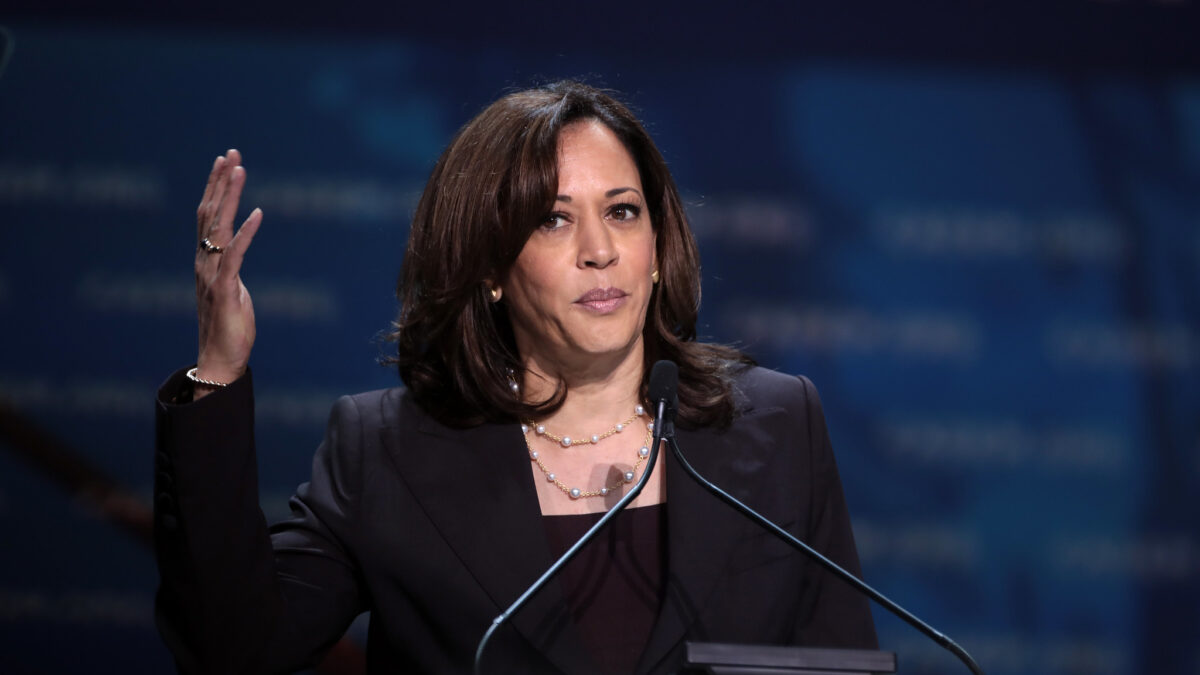
The deadly Amtrak derailment this week spawned a frenzy of sleazy opportunism on social media as lefties rushed to declare—before any evidence of the cause of the accident was available—that it clearly showed the need for more federal billions to subsidize Amtrak.
As the official investigation has released actual information, it seems likely that the real cause was excessive speed: the train was traveling at more than 100 miles per hour as it entered a tight curve where the safe limit was 50 miles per hour. How is more government spending supposed to prevent this kind of operator error?
Oh, and contrary to the media’s “Amtrak fan fiction,” as Sean Davis calls it, Congress just authorized $1.4 billion in new subsidies to Amtrak less than five months ago. So there goes that narrative.
There is obviously something unseemly about this—far more unseemly than a violinist distraught over not being able to retrieve the source of her livelihood. This is a tragedy in which people were killed and injured, yet many a media hack’s first thought was about how to score political points against Republicans.
To be sure, this kind of partisan opportunism is not a unique product of the social media era. They did the exact same thing back before the Internet, it’s just that you had to wait longer for the newspaper to come out. And this kind of partisan jabbering is mostly meaningless, fueled by speculation based on political bias rather than facts. But for precisely that reason, it is psychologically revealing. In the rush to invent a self-flattering narrative for any new event as it happens, the social media crowd reveals more about themselves and their own assumptions than they do about the events on which they are commenting.
For example, Mollie Hemingway brilliantly exposes how this amounts to a secularized theodicy in which bad things happen to good people because we have failed to propitiate the gods of the federal budget.
As the narrative has developed, it has taken on a more specific and sinister character. Complaints about lack of funding to Amtrak have begun to focus, not just on those evil Republicans and their (supposed) general animus against government, but on the fact that Republicans tend to hail from districts where people don’t use Amtrak.
As the Washington Post‘s Philip Bump writes:
Ridership is heavily centered in the Northeast, in the corridor between Boston and Washington where Tuesday’s accident occurred. But more than that, ridership is unevenly distributed politically,. Data from the National Association of Railroad Passengers shows the number of passengers that get on or off the train in any given congressional district, and reveals an obvious reason why Republicans might not be too concerned about funding the system…. There are 184 congressional districts in which not one person got on or off a train in 2014…. Of those 184 districts, 116 are currently represented by Republicans. On average, ridership in Republican districts was about 41,000 in 2014—compared to 261,000 in Democratic districts.
Well, surprise, surprise, surprise. Here’s an update for those who live in the DC-New York-Boston “Acela Corridor.” Outside that area, Amtrak passenger trains are usually distant and are generally known for being dirty, having really bad food, being chronically, unbelievably late on their schedules, still being pretty expensive, and generally being a far less attractive option than driving or flying.
So it’s no surprise that most of the country views Amtrak as a white elephant that is not worth their tax dollars. It’s almost as if the federal government doesn’t exist to serve the needs of the DC-to-Boston corridor.
But that’s not how the mainstream media is trying to spin this fact, and that’s what is revealing. They view this, not as evidence of Amtrak’s failure to serve most of the country, but as the country’s failure to serve Amtrak. So here is how Bump tries to steer his conclusion: “[M]any conservatives consider the idea of a federally funded transportation program to be anathema. And since so few of their constituents actually use the system, there’s little incentive to want to offer political support. Tuesday’s disaster could shift that thinking.”
But what if it’s not our thinking that needs to be shifted? What if it’s the mainstream media that needs to shift its own thinking?
When they see this information, does it not even occur to them to think: Oh, so Amtrak passenger rail only serves, well, us. (Philip Bump, for example, lives in New York and works for the Washington Post, which gives us a pretty good guess at how often he takes the train from one city to the other.) Did it ever appear to them that maybe passenger rail is a merely factional, local concern that the rest of the country shouldn’t be paying for?
The left is always dabbling in fictional dystopias where there is a yawning chasm between rich and poor, where the country is riven by racial conflict, and where the whole nation has to be impoverished to serve the power and vanity of the Capitol—and yet somehow this is the system they always create when they’re in power, in places like Baltimore and Chicago. Given this information about how little the rest of the country relies on Amtrak, the only conclusion is that all of us are being asked to support a system that mostly benefits a minority of relatively wealthy elites in the nation’s political and financial capitals. We are all being asked to send tributes to the Capitol.
And here’s the crazy thing. The rest of the country might not really be paying for regional Northeast corridor train service. In fact, that’s the only part of Amtrak that might conceivably make money, even with the system’s notorious inefficiency—though Amtrak’s dubious accounting makes it impossible to say for sure. I think the Northeast corridor folks would be better off privatizing and letting competition and innovation come up with ways to deliver faster and better service in an area where it might actually make money. It would be like Uber, but for trains. But I’m also willing to say that they can do whatever they want with their little regional rail system, since they live there and use it—so long as they’re willing to pay the subsidies themselves.
But that’s not what they’re asking for. To preserve a government monopoly in their own corner of the country, the DC and New York elites want to preserve the fiction that Amtrak serves the interests of the entire country. So they force us to subsidize sparse, poor-quality, money-losing service across the rest of the country, just so the Northeast corridor elites can have a fig leaf for their vanity.
That’s the sort of thing they inadvertently reveal when they’re in a rush to score political points off a tragedy.
Follow Robert on Twitter.









